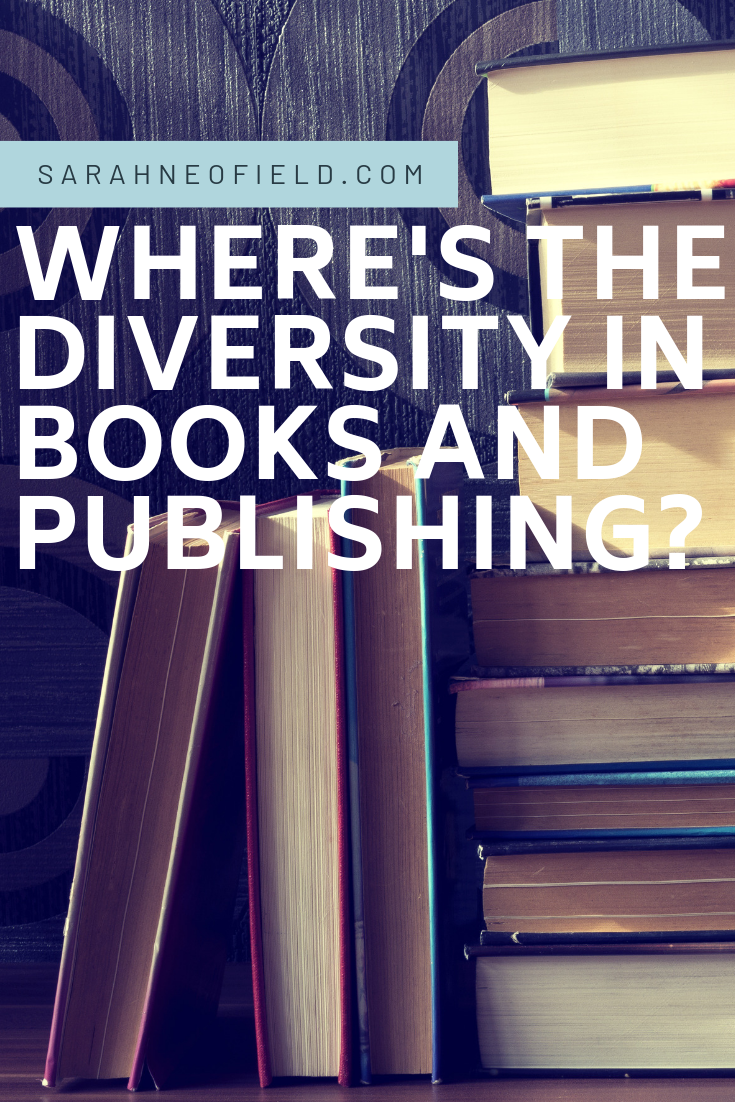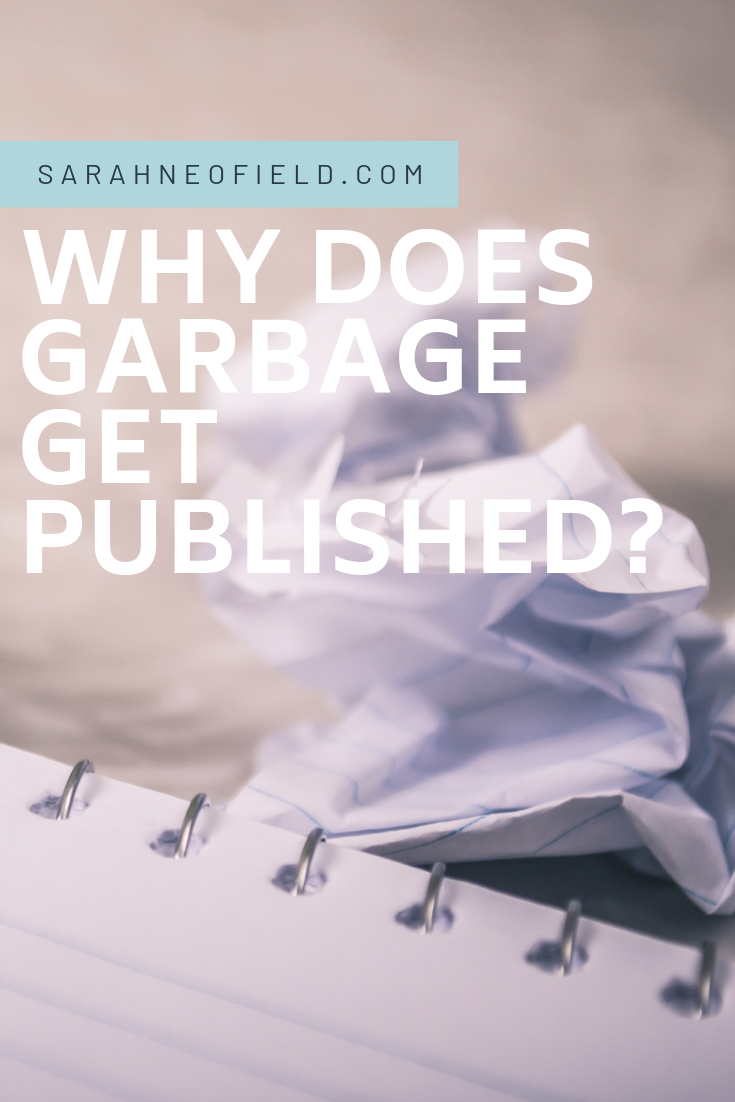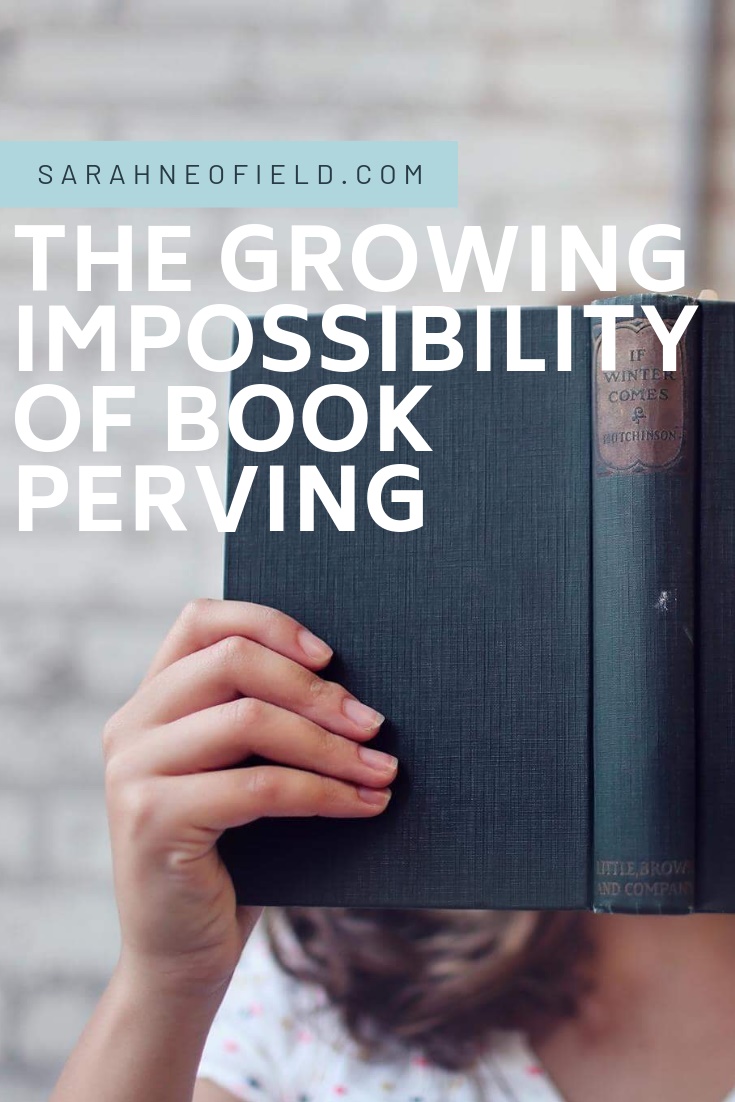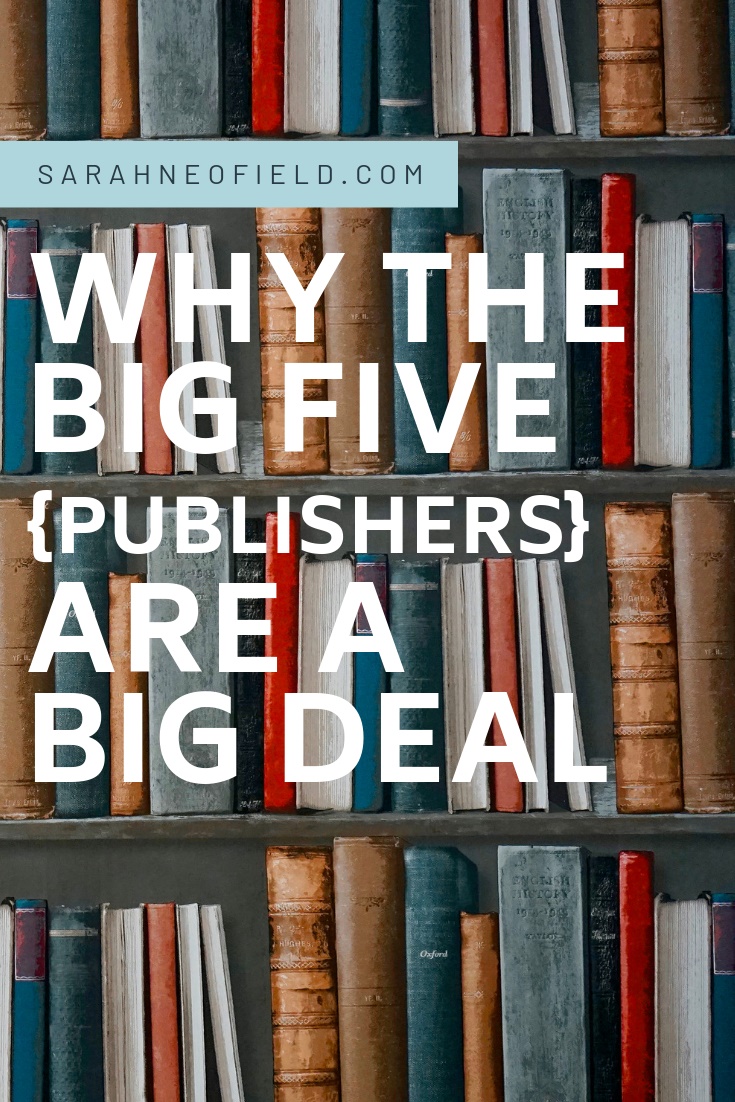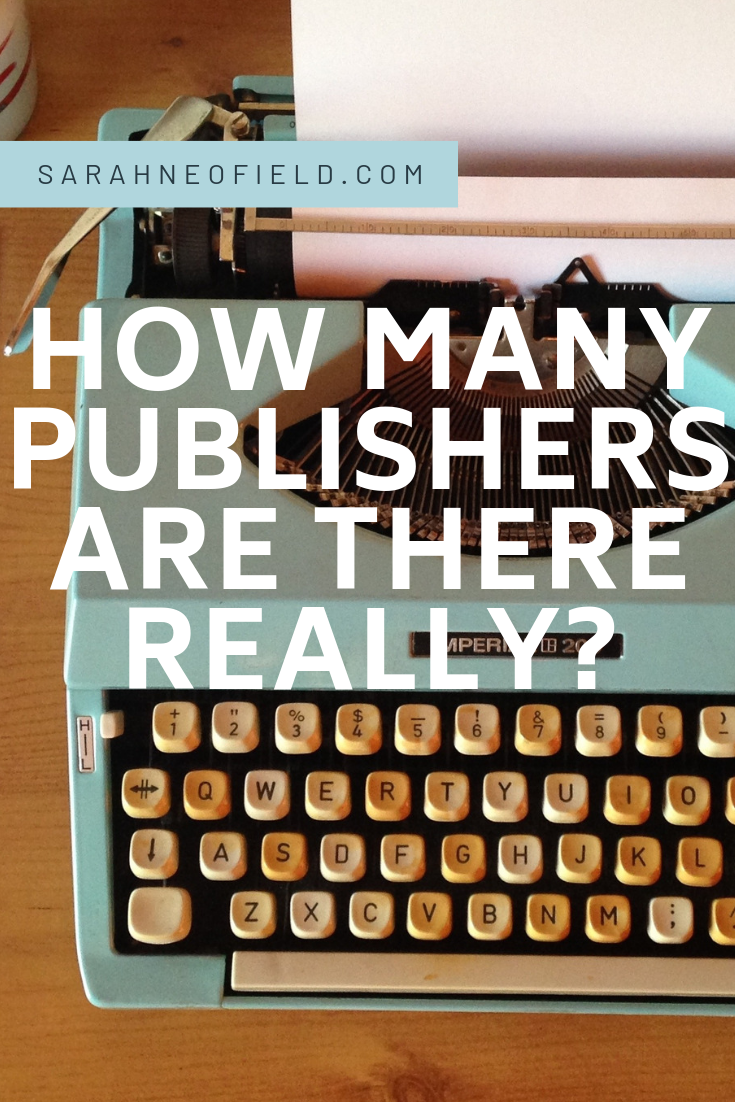The US and UK each produce about a quarter of a million titles every year. For readers, that’s an overwhelming amount. Yet often, it can feel as if there’s hardly any diversity in the industry.
Have you noticed the fads that publishing goes through? One season, every hit book will have ‘girl’ in the title. The next, they’re all about vampires. Or childhood abuse. Or more recently, feature dystopias. It seems we lack diversity in content.
Sometimes, it can feel like they’re all by the same authors, too. James Patterson and Nora Roberts, for example, have each written (or co-written) over 200 books. It seems we lack diversity in perspective.
Then, there are times when it feels as if every store is selling, and everyone is reading, the same book. In 2016, charity stores received so many discarded copies of Fifty Shades of Grey, they begged people to stop donating them. (But not before building a book fort in at least one store!)
So how do we reconcile these statistics?
Continue reading “Where’s the Diversity in Books and Publishing?” →

